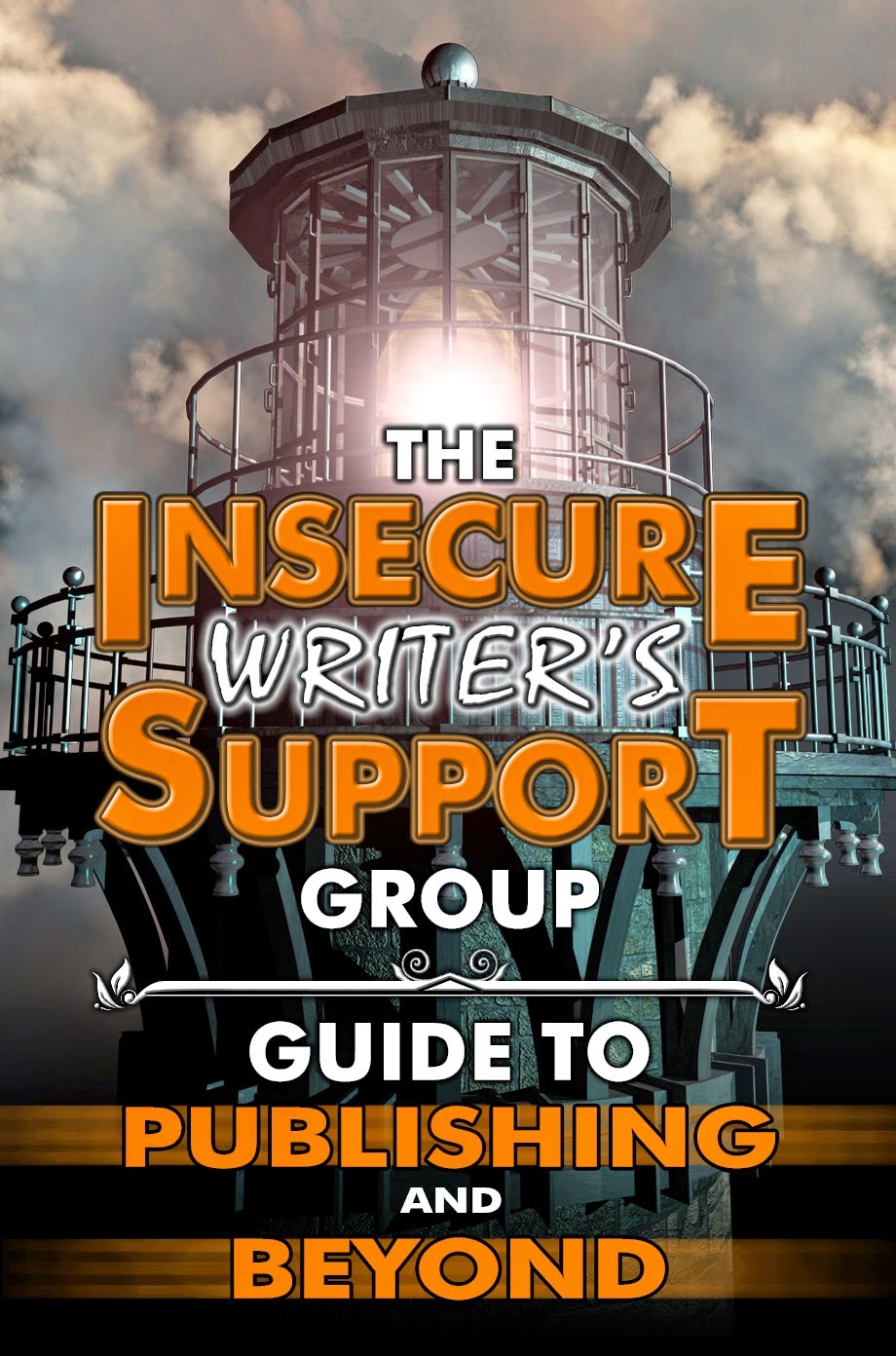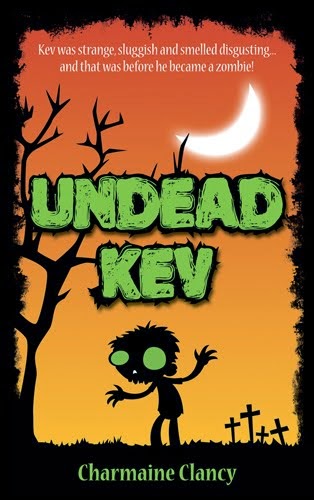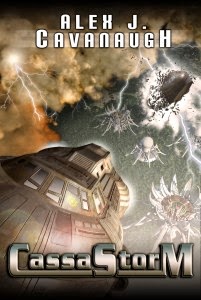When a character is focused on a single objective, the flow of the
story is fairly easy to maintain. Detective Sherry Sharp is after the psycho
who killed her sister. She hears about another victim found downtown and she’s
in the car on her way, enraged and determined.
How you get Detective Sherry from one place to another, and how you
manage her emotions from one state to another will more or less take care of
itself.
If, however, you have various objectives and storylines to contend
with, things can get tricky.













































































































